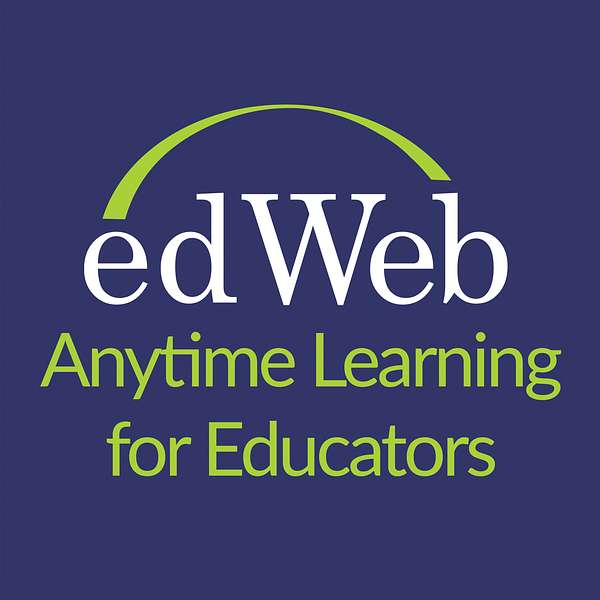
edWebcasts
edWebcasts
The Knowledge Gap: How It Affects Reading Performance and How to Fix It
Use Left/Right to seek, Home/End to jump to start or end. Hold shift to jump forward or backward.
This edWeb podcast is sponsored by XanEdu, a Scholarus Learning Company.
The webinar recording can be accessed here.
Our students’ performance on the whole on national reading tests has not improved over the past two decades (NAEP, 2023). More troubling, the gap in scores between socioeconomic groups has remained stubbornly wide.
Recent reform efforts have focused on improving instruction in phonics and other foundational skills. That’s crucial, but the evidence indicates it’s not enough. We also need to change our approach to reading comprehension to take account of a key factor that has long been overlooked: knowledge.
Some students are better able to acquire knowledge of the world outside of school beginning at birth, enabling them to read more complex text. Others rely on school for that kind of knowledge. If they don’t start acquiring it early, the gap between “good” and “poor” readers only grows wider as grades go up.
Listen to this edWeb podcast to hear Natalie Wexler, education journalist and author of The Knowledge Gap: The Hidden Cause of America’s Broken Education System—and How to Fix It, share the research along with her insights and perspectives on how we can give all students access to the kind of knowledge that enables reading comprehension—and learning in general.
This edWeb podcast is of interest to K-12 teachers, librarians, and school and district leaders and is part of the Leading by Design: 6 Initiatives You Can’t Afford to Get Wrong district leadership series where you learn from leaders who are pulling together the elements of successful schooling.
XanEdu offers customized content solutions and professional services for K-12 and higher education.
Disclaimer: This post contains affiliate links. If you make a purchase, I may receive a commission at no extra cost to you.
Learn more about viewing live edWeb presentations and on-demand recordings, earning CE certificates, and using accessibility features.